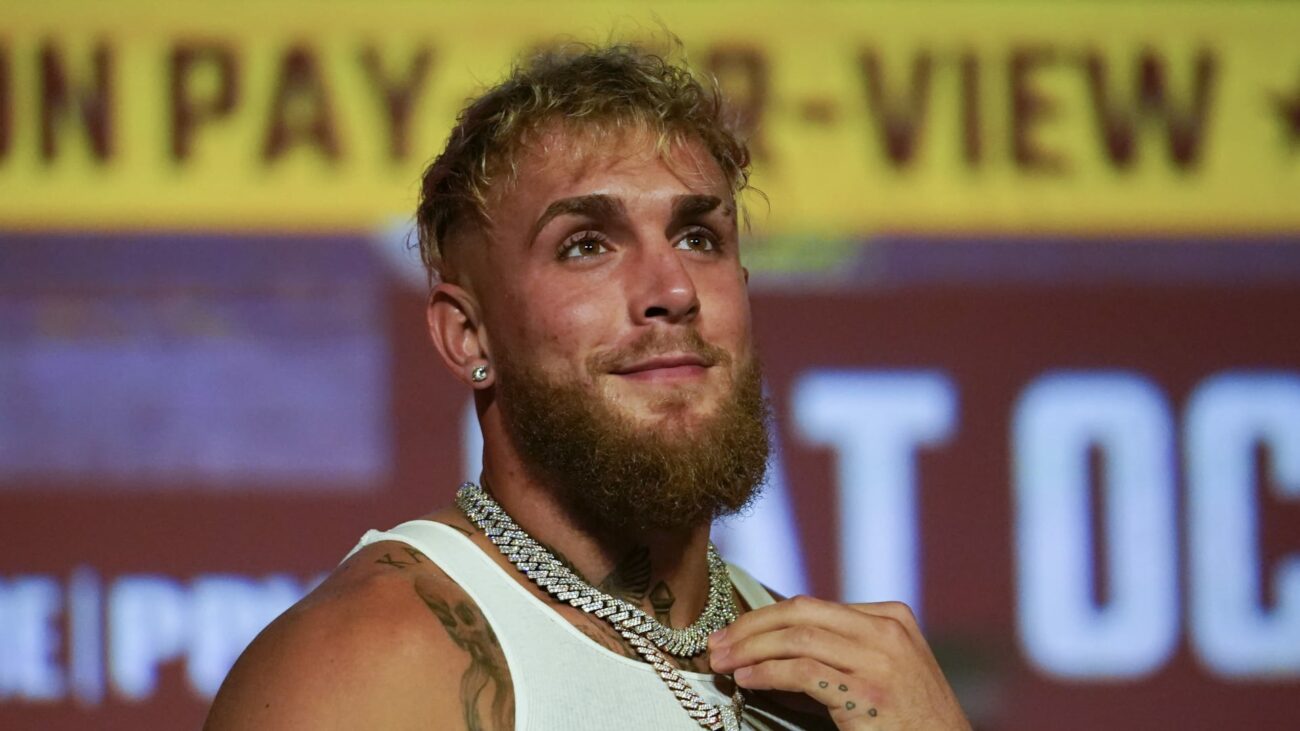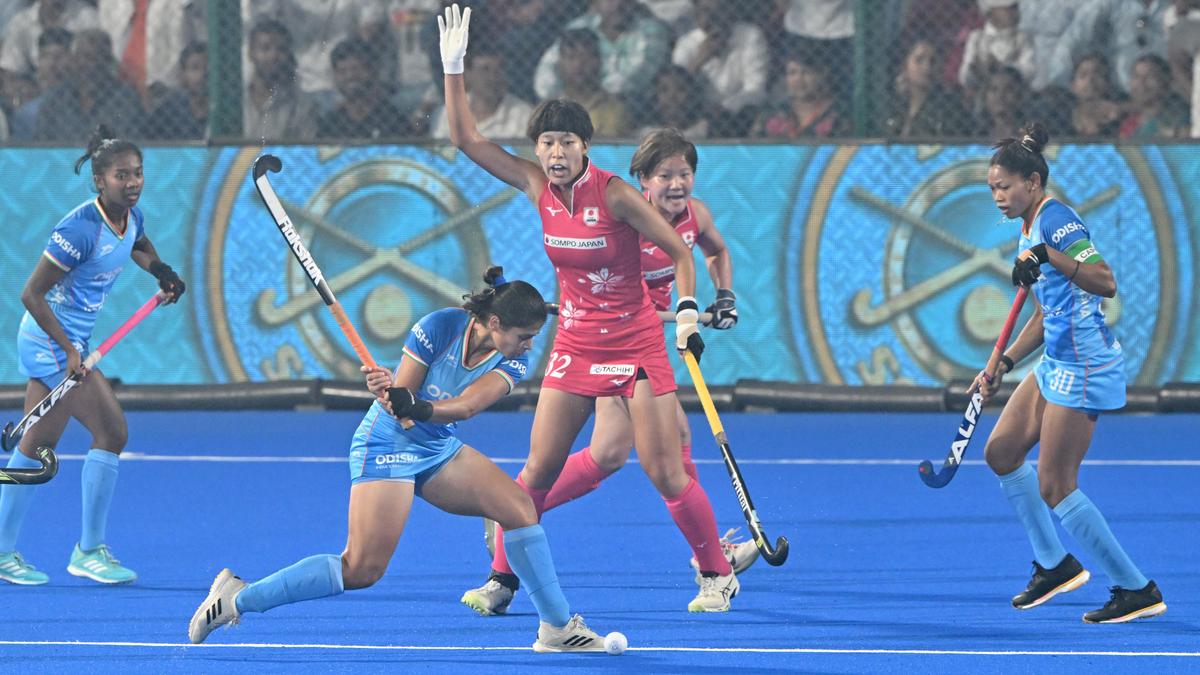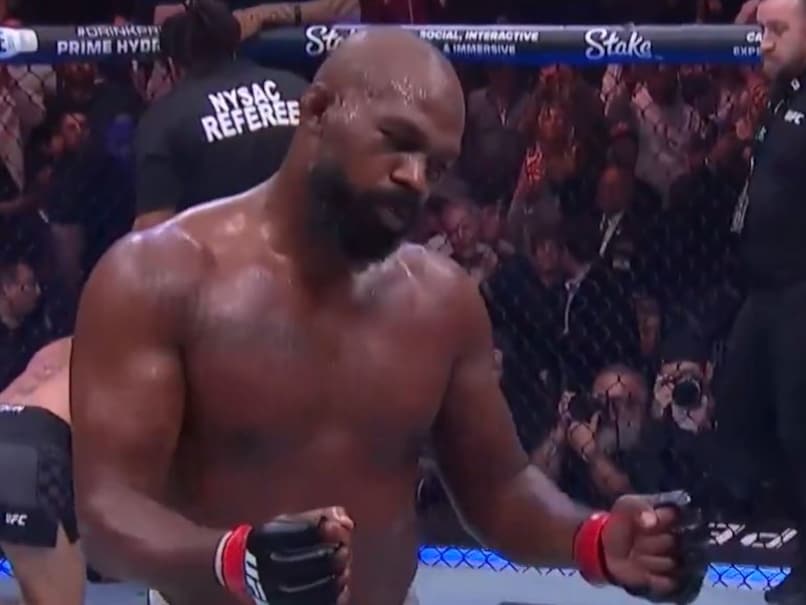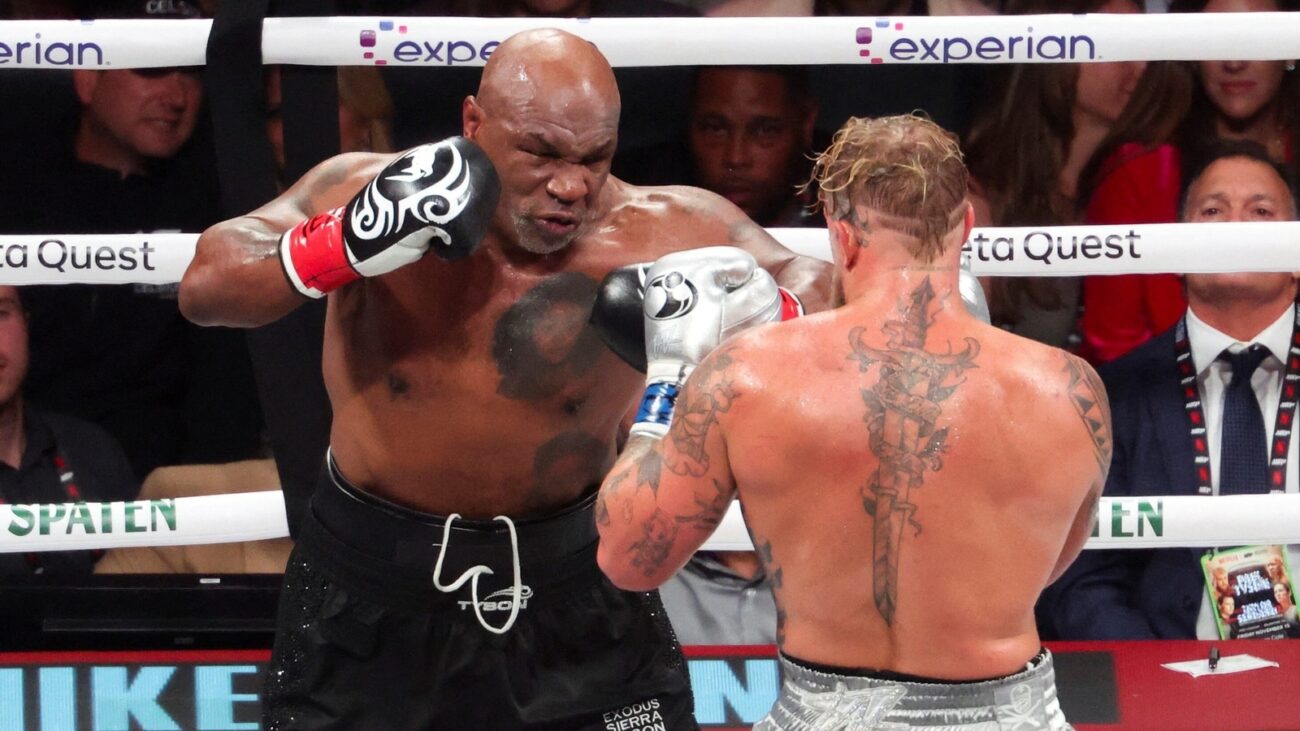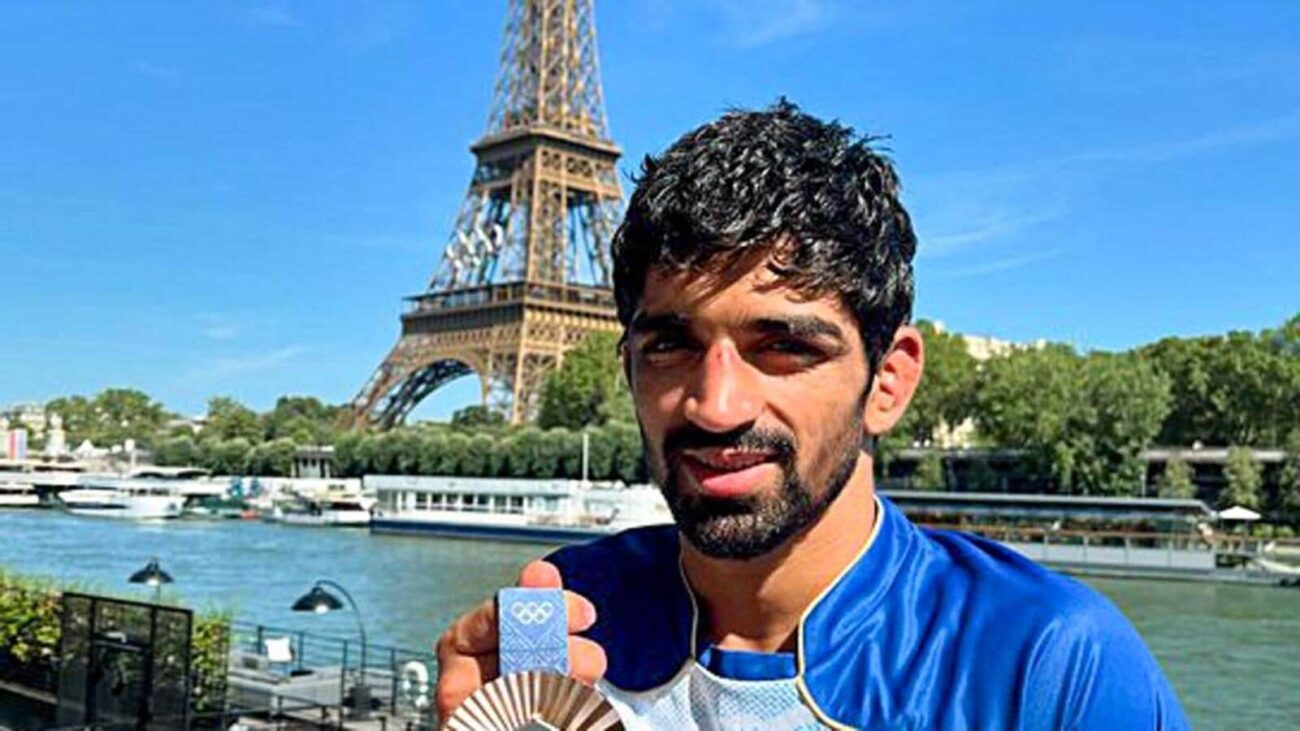Netflix, the streaming giant, has recently ventured into the realm of live sports, sparking speculation about its potential as a major player in the industry. However, experts believe that Netflix’s current strategy suggests a focus on complementary programming rather than direct competition for major sports rights.
Netflix’s live sports offerings have primarily been exhibition events and documentaries that align with its existing content. The Netflix Cup paired Formula 1 drivers with PGA golfers, while the Netflix Slam featured a tennis match between Rafael Nadal and Carlos Alcaraz. These events complemented documentaries like “Drive to Survive” and “Point Break,” respectively.
Similarly, Netflix’s upcoming coverage of WWE’s “Raw” will be accompanied by a documentary series about rising tennis star Carlos Alcaraz. This approach allows Netflix to leverage its storytelling capabilities and create compelling content that resonates with its audience.
Netflix has also demonstrated its ability to produce high-quality sports documentaries and series without carrying live games. The NFL series “Receiver” and the “Quarterback” series have been well-received by viewers. Additionally, Netflix is working on projects with the Boston Red Sox and FIFA.
While Netflix has expressed interest in acquiring sports rights, its focus appears to be on international markets. The WWE deal grants Netflix exclusive rights to Raw in several countries outside the United States. This strategy aligns with Netflix’s global reach and its desire to expand its content offerings in different regions.
Experts believe that Netflix is unlikely to bid on major sports packages like the NBA or UFC unless they include international rights. Instead, Netflix is expected to continue its current approach of creating complementary programming and exploring opportunities in emerging markets.
The upcoming Paul-Tyson boxing match on Netflix has raised questions about the company’s commitment to combat sports. While some experts see it as a one-off event, others believe it could lead to more boxing content on the platform. However, Netflix’s overall strategy suggests a focus on storytelling and compelling narratives rather than a direct challenge to established sports broadcasters.

